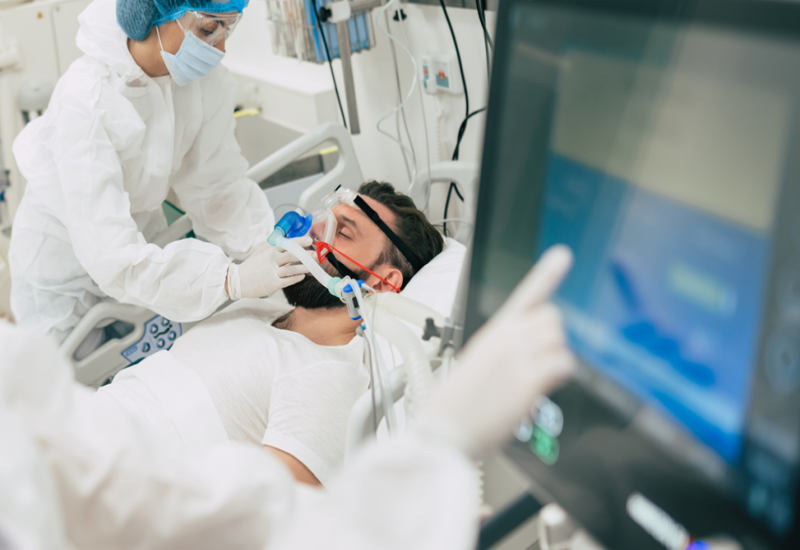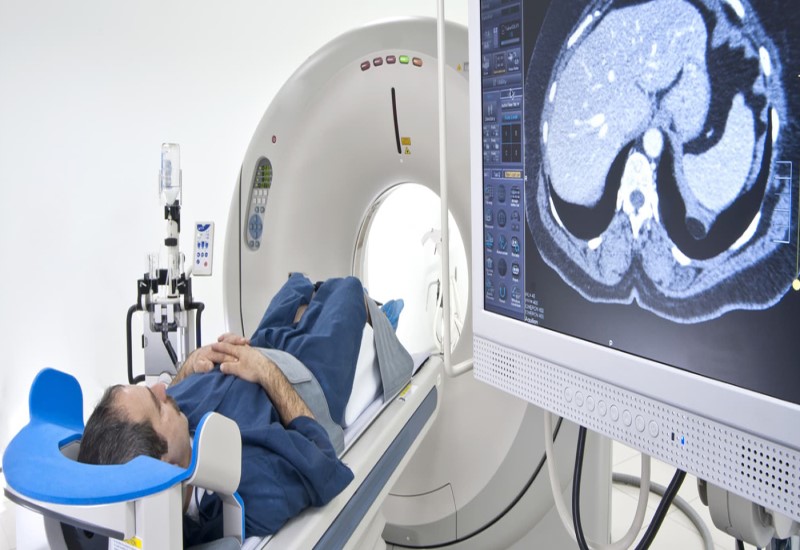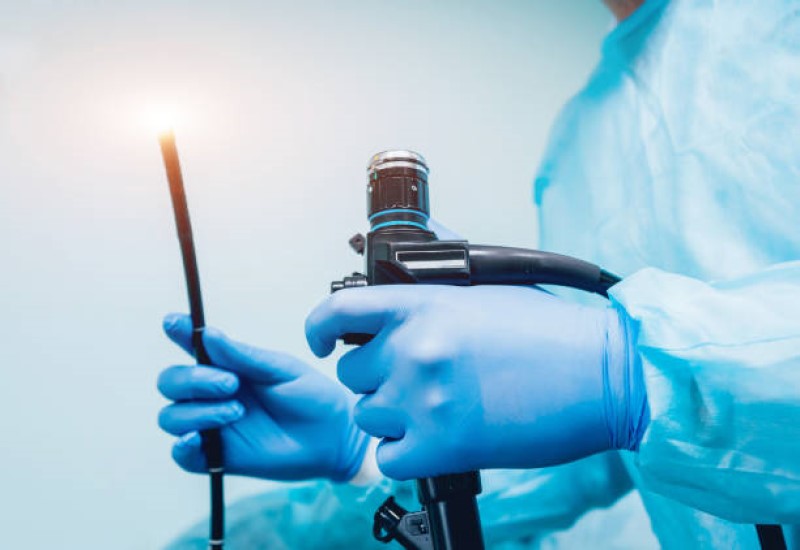






Explore developments in clinical research in emerging economies and third-world countries, the adoption of large-scale decentralized clinical trials, and how these changes encourage the participation of eClinical solution vendors.

How can you effectively address the challenges caused by the shortage of skilled healthcare professionals? What are the future growth opportunities considering the intense competition? What is the adoption stage of cloud solutions?

How is digital transformation crucial for sector growth in this region? What are the recent developments across end-to-end clinical solutions, vendor-agnostic solutions, and EMR/EHR platforms? What are the key industry predictions for 2023?

How can global decarbonization goals be met? See how renewables are changing the game and optimizing solutions.
What’s decarbonization, and why is it important? Decarbonization refers to the steady reduction of carbon dioxide (CO2) emissions and, eventually, its elimination. The deployment of decarbonization technology aids emission-intensive industries in minimizing carbon emissions and meeting net-zero emissions protocols in the long term. To cut down carbon emissions and combat climate change, governments across the globe are counting on the five pillars of decarbonization: the rise of renewables, hydrogen economy, direct electrification and renewable heat, carbon capture utilization and storage (CCUS), and energy efficiency. Their implementation can be a potential game-changer to enable stakeholders to achieve carbon neutrality globally.
Schedule a dialog or email us at myfrost@frost.com to connect with an industry expert at no charge. We are taking unprecedented action to make our team available to help you cut through the media and politics to get factual one-to-one guidance for the issues and opportunities that matter most to your business.

Examine the potential of value-based care, outpatient care, medical robots, and more
Read more Request Info
Look into significant developments in workflow efficiency, scalability, automation, etc.
Read more Request Info
Which technologies will improve precision and specificity in genome profiling?
Read more Request Info
Review pricing, M&A, innovative business models, and key partnerships in the US and Europe
Read more Request Info
Explore how interoperability, AI, and transitional/home care showcase significant prospects
Read more Request Info
How beneficial is the adoption of virtual care or automation solutions like service robots?
Read more Request Info
What steps have been taken by the OEMs to reduce infection risks in reusable products?
Read more Request Info
Discover the fastest-growing device segment, major growth drivers, and key regions
Read more Request InfoThe traditional magnetic resonance imaging (MRI) approach is being disrupted by portable MRI systems, open design MRI systems, advanced metamaterials, and the integration of artificial intelligence (AI) and advanced software technologies. The rising demand for scans and a shortage of radiologists have compelled the development of novel MRI technologies that shorten scan times and aid radiologists’ decision-making. The increasing prevalence of cardiovascular diseases and cancer, combined with government initiatives to provide free or low-cost diagnostic facilities and infrastructure to citizens, is driving the overall growth of MRI technology.
Read more
The global demand for cardiac troponin (cTn) diagnostics biomarkers is increasing as more patients with cardiac complaints are visiting emergency departments (EDs), according to Frost & Sullivan’s recent analysis of the cTn diagnostics market. The sector is driven by hospitals and clinical laboratories adopting high-sensitivity (hs)-cTn assays, which can detect troponin in lower concentrations and significantly shorten the timeline for myocardial infarction (MI) detection. The global market for cTn diagnostics is expected to reach $2.28 billion by 2025, up from $2.07 billion in 2021, representing a 2.4% compound annual growth rate.
Read more
The need to alleviate pressure on healthcare professionals and increase patient care time boosts the demand for medical device connectivity (MDC), according to Frost & Sullivan’s recent analysis of the global MDC industry. MDC helps overcome staffing challenges in organizations as data from medical devices is added to patients’ electronic records without manual entry. The promising market for global MDC is expected to hit $8.96 billion by 2027 from $2.47 billion in 2022, registering a compound annual growth rate (CAGR) of 29.4%.
Read more
In vitro fertilization (IVF), one type of assisted reproductive technology (ART), is becoming more popular due to an increase in infertility rates worldwide, according to Frost & Sullivan’s recent analysis on the global in vitro fertilization services market. Fertilizing the egg outside the body is the process of IVF, which is the most prevalent and effective form of ART and contributes more than 95% of the total ART revenue. The practice of freezing eggs, sperm, and embryos for IVF is becoming popular, which has significantly increased the demand for IVF services. The global market for IVF services is anticipated to grow significantly, with a compound annual growth rate (CAGR) of 20.46%, from $17.37 billion in 2022 to $43.97 billion in 2027.
Recently, Frost & Sullivan assessed the clinical decision support systems industry and, based on its findings, recognizes MEDITECH with the 2022 North America Enabling Technology Leadership Award. The company uniquely leverages its technology to meet market and customer needs. The electronic health record provider develops clinical decision support systems (CDSS) to simplify and enhance clinician decision making while driving more targeted, patient-centered treatment through new technologies like precision medicine, artificial intelligence (AI), and the cloud. The company empowers healthcare organizations with superior tools for modernized and value-driven care and engages patients to participate in their care by accessing and contributing to their personal health information.
Frost & Sullivan recently assessed the artificial intelligence (AI)-enabled preclinical development industry, and, based on its analysis results, recognizes VeriSIM Life with the 2022 North America Competitive Strategy Leadership Award. The company’s core mission is to increase human life expectancy through artificial intelligence-driven biosystem simulations and to personalize patient treatment. VeriSIM Life provides insights to pharma, biotech, academia, and research institutions and conducts risk-sharing collaborations to develop promising drugs, paving the preclinical development roadmap with AI. The company integrates comprehensive existing databases and animal models into its bio-simulation system, accelerating preclinical development, lowering costs and risks, and bringing potentially life-saving drugs to market faster.
Read more